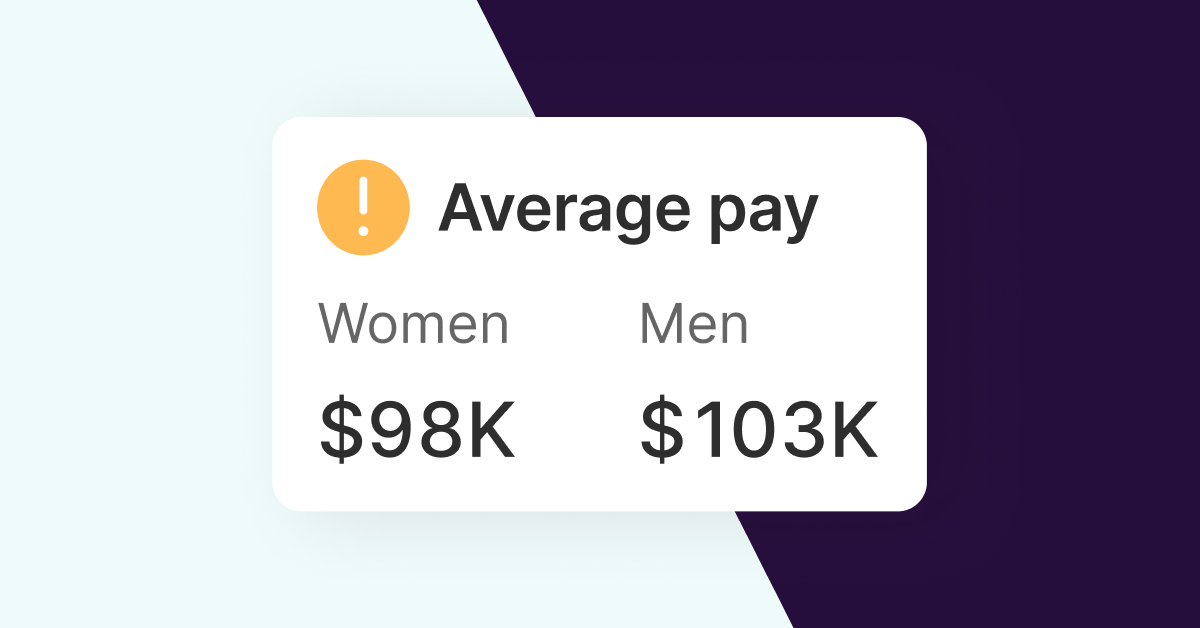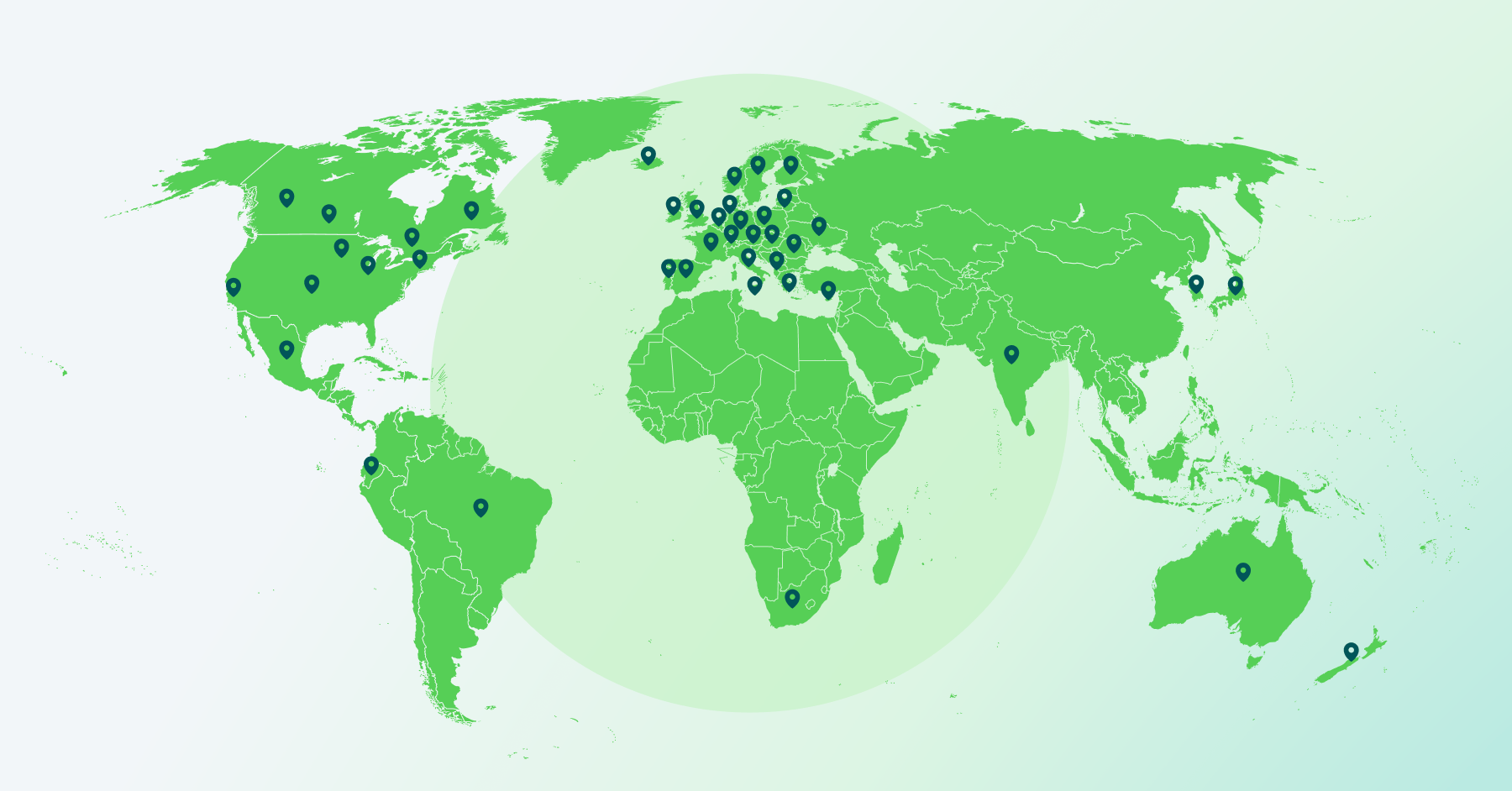Believe it or not, there is no shortage of cynics when it comes to the gender pay gap, or the idea that men and women are paid differently even when they’re producing work that is equal in both quality and impact.
This perspective on gender discrimination exists despite the seemingly indisputable data from organizations all over the globe — ranging from the World Economic Forum to LinkedIn to Glassdoor — revealing that women still only make roughly 82 cents for every $1 earned by men.
What the naysayers will tell you is that the gender wage gap between men and women can be thoughtfully rationalized, They claim it’s a “pipeline” issue explained by men and women who freely choose entirely divergent professional paths.
The ‘Pipeline’ Argument
The theory goes that men choose higher-paying careers such as investment banking and software engineering, and women choose professions like nursing and teaching with pay rates that have been set lower by the natural market forces of supply and demand (or perhaps because of the long history of putting less value on women’s work).
Therefore, in the industries and professions that typically garner higher wages, there simply aren’t enough women. Yet just last year, of all undergraduates who were enrolled in degree-granting postsecondary institutions, over half (56%) of them were women, according to the National Council for Education Statistics.
Entertaining for a moment the idea that this pipeline explanation is a viable one, how should we rationalize the current state of the U.S. nursing industry and its often reported shortage of staff? According to the Kaiser Family Foundation, there were only 300,000 nurses who identify themselves as male as of April 2017. This equates to just over 9% of the cumulative nursing workforce.
But a Journal of the American Medical Association study revealed that male registered nurses (RNs) consistently out-earned female RNs across settings, specialties, and positions, with no narrowing of the pay gap over time. This disparity is particularly relevant given the abundance of women who are affected — approximately 3 million female nursing staff.
Incidentally, this gap is similar in magnitude to the salary differences found for physicians. Additionally, women who work as physicians and surgeons are paid $19 billion less annually than men in this occupation (source: aauw.org). Surely this calls for an examination of recruiting and wage-setting practices in the healthcare sector, right?
By contrast, within the consumer tech sector, which ranges from 60% to 80% male, nationwide salaries are an average of 66% higher than other occupations (source: business.org). But we know that software developers aren’t getting big salaries just because; the apps and products they’re building are driving consumer demand and stimulating growth in our economy.
However, that’s certainly not all developers, and even entry-level developers who have yet to prove the value and viability of their skills are earning two to three times more upon hire than an experienced teacher.
So as you can see, the gender pay gap is far from bogus. It is real, persistent, and unfair. The only way to know for sure whether it exists within your organization is to commit to thorough and regular analyses of the compensation data of men and women. Identify a partner in the HR analytics space who can assist you in scrutinizing pay discrepancies.
Most importantly, you must commit to addressing and resolving these issues through ensuring that your hiring, compensation, leave, and benefits programs encourage women to enter, stay, and thrive among your workforce.
| Prior to joining Syndio, Maria Colacurcio co-founded Smartsheet.com, a work collaboration tool for companies of all sizes. Drawing on more than 20 years of experience in technology and communications at companies including Microsoft, Starbucks and technology start-ups you’ve never heard of, she has a proven track record of building successful companies with strong core values that are dedicated to its people and customers. |



